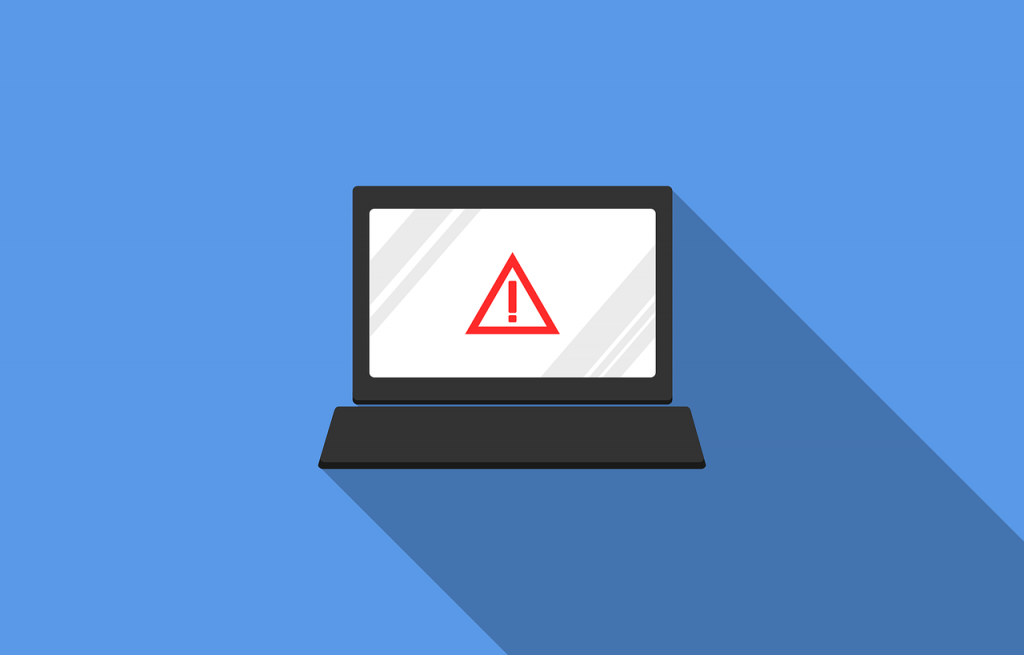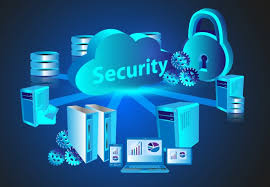As important as ensuring your physical data is kept secure through a paper shredding service, digital data security needs to be managed. Everything in today’s world is online from business to leisure. Most of our days are spent connected to some network or another, in front of one screen or another. Data is our most valuable resource. For a business data is customer information which needs to be protected. Why would anyone choose to frequent a business or establishment that has zero ability to keep their information safe and secure? There are a number of things that can be done in order to ensure that this is achieved. Some may seem obvious and simple but may be the difference between success and failure.
1. Firewall & Virus Protection
Always have a strong firewall and virus protection on your computers and devices that connect to the internet. A hacker is a person who uses computing devices to gain unauthorised access to data. If a hacker breaks through any defences you have, they not only will have access to what you do or say online but also to every file on your PC and every keystroke you make.
2. Strong Passwords
Passwords should not be obvious and the best passwords are random letters and symbols. They shouldn’t be written down anywhere. It is also recommended to use a different password for every account or device you use. However, remembering all these random letters and symbols can be impossible for most people, password managers are useful in this situation. They pose their own risks too however.
3. Avoid Public Wi-Fi
If at all possible do not use public Wi-Fi. It is not secure enough. When out and about its best to have Wi-Fi switched off on your phone, some phones scan for Wi-Fi networks even when it seems to be switched off so make sure your settings are all correct. However, bringing your laptop to Starbucks and conducting business can be comfortable and convenient on the go. If you really must use public Wi-Fi try to find a good VPN. A VPN will allow you to send and receive data across shared or public networks as if you are directly connected to your private network.
4. Share less on Social Media
Sharing personal information on social media is a sometimes overlooked method of staying secure. While you may not post things such as your home address or personal email address, depending on your settings you may be revealing all of this information without even realising. Check your settings on whatever platform you use and make sure all your privacy settings are up to the standard you require.
5. Hard-Drive and Media Destruction
Even when you have deleted a file or an app on your phone or PC that information still exists. Hard drives are recoverable even when they have been completely wiped. When you are destroying data devices formatting them just won’t cut it. Old and unused data devices should be destroyed through a hard-drive shredding service. Security in Shredding provide a nationwide Hard-Drive shredding service. This will cover the destruction of most media devices; phones, hard-drives, USB sticks, CD’s, floppy discs etc. Just throwing these out as they are will make you vulnerable.
Specialising in secure confidential document shredding services with a reputation for exceptional security, customer service. Delivering value for money and the utilisation of leading technology compliant to the highest security standards within the industry.



